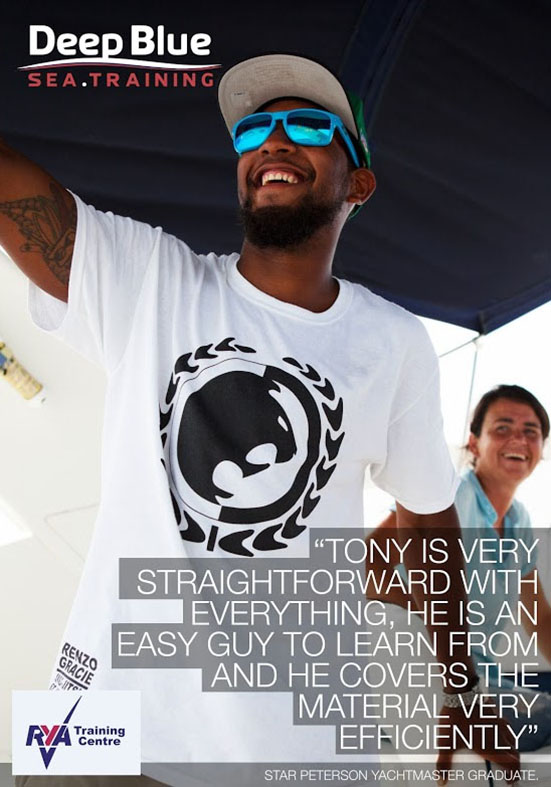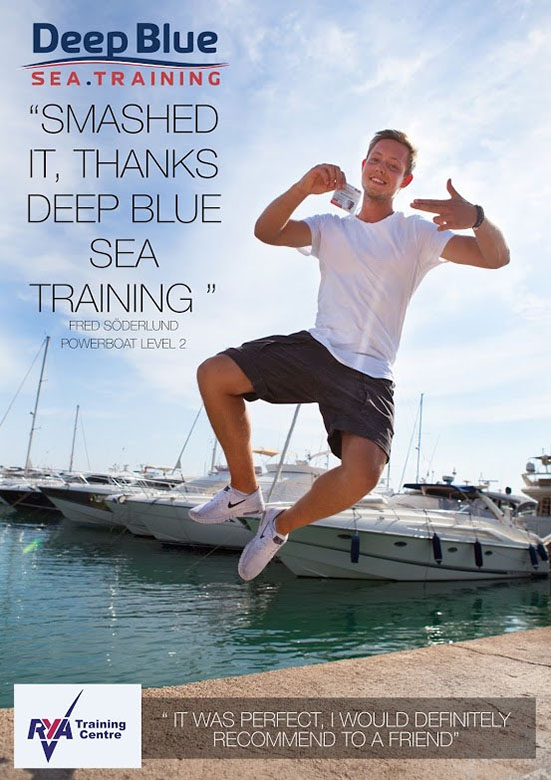
Lifestyle
In addition to knowing the activities you would like to use your boat for, you need to think about other lifestyle factors that will affect your purchase. These factors will influence the size of the boat you purchase, your budget for buying a boat, and other costs that will be associated with owning a boat. Generally if you are a first time buyer, a boat between 22-24 feet is best. Larger boats are more expensive and more difficult to operate.
- Will you be the only person using the boat? Will you need space for your family and friends?
- How much can you spend on a boat and related expenses e.g. maintenance, insurance, registration fees, safety courses, storage, mooring?
- Will you use your boat in on the open sea, in a river or on a lake?
- Will you use your boat year round or only during certain times of the year such as during the Summer?
- Where will you keep your boat e.g. at home, marina, a boat park?
New or Used?
There are advantages and disadvantages for whichever route you choose. New boats will be under a warranty and will be in perfect condition. A used boat will be less expensive, but you may not have a warranty or any manufacturer support. You may also not know if your used boat has been in any accidents or if it has been well maintained over the years. A good bit of advice is if you purchase a used boat, have it inspected by a certified marine surveyor.
It only takes a little bit of shopping to discover that there are a lot of used boats available at much lower prices than you would pay for the same boat brand new. Fiberglass and aluminum don't rot like traditional wood does, so today's boats last a long time.
Finding the perfect boat
Online is a good way to start the search for your boat, however, do not rely on the information provided by the boat companies. Theses companies want you to make a purchase and they are not completely neutral. Online boat shopping allows you to compare prices, models, and take virtual tours. Visit online boat owner forums to get honest opinions about boats. Current boat owners will not be biased and can give you the pros and cons of a particular boat.
Boat shows offer a unique opportunity to meet with many boat dealers, get information about boat accessories, access to special deals, and attend special seminars. Visit the boat show website before the show to find the vendors and organisations that will be there.
Once you have narrowed down the type of boat you want, make a list of the boats you would like to see in person. When you visit and test drive the boats, look for certain factors to help you decide, such as:
- Weight - Heavier boats often ride better, but require larger engines.
- Beam - Boats with beams that are 8' 6 and under can be transported on a trailer without using a special permit.
- Space - Legroom and storage compartments.
- Noise - Some engines are louder than others. You should never hear creaking or rattling sounds during your on-water test ride.
- Visibility - when you are sitting and standing.
- Location - of the controls and access to items that you will check on a regular basis (e.g. oil dipsticks, coolant levels, power steering fluid levels, etc.).
- Inboard versus outboard engines - An outboard engine is a portable, self-contained package that can be attached to the back of a boat. On the other hand, an inboard engine is mounted inside the boat and are not portable.
Paying for your boat
A good boat dealer can make your buying experience much easier. Your dealer should be knowledgeable about boats as well as the boat buying process. The dealer should also have excellent customer service skills. You should feel comfortable asking questions and never be pressured into making a quick decision
Find a dealer that is a Marin Industry Certified Dealer. These dealers have pledged to be up-to-date on the boating industry and provide excellent customer service. Financing through a dealer will also make your boat purchase much easier. You can take care of the shopping and financing at one location.
Brokers
A boat broker will help you find a boat, negotiate the price, and help you complete the purchase process. A broker will have knowledge about different financing options and the different sources available to you. You can find a boat broker by visiting a boat show, reading a boat magazine, or by visiting the National Marine Lenders Association website.
A broker is your advocate throughout the buying process. Your broker is looking out for your best interest and will help you get the best deal. A broker is also a resource after you buy your boat. They can help you find insurance, repair specialists, boat safety classes, and connect you with boat owner associations.
Closing the deal
Never purchase a boat without doing a thorough inspection/survey, especially if you are buying a used boat. This may or may not be required for your boat insurance. An inspection tells you the current market value of the boat and the condition and construction of the boat.





